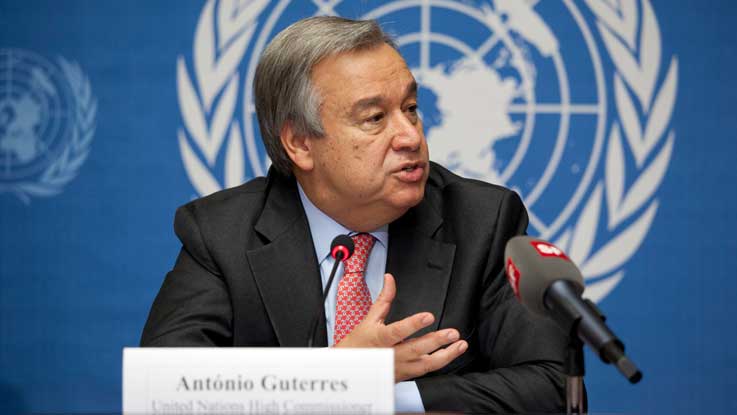The United Nations (UN) has alerted the world about the presence of a massive food shortage in 2023 over a lack of fertilizer for crops due to the lingering war between Russia and Ukraine.
Yet alongside humanitarian considerations, it’s the realisation that much of the world relies on just a few nations for most of its fertilisers – notably Russia, its ally Belarus and China – that’s ringing alarm bells in global capitals.
Just as semiconductors have become a lightning rod for geopolitical friction, so the race for fertilisers has alerted the US and its allies to a strategic dependency on an agricultural input that is a key determinant of food security.
That’s pushed fertilisers – and who controls them – to the forefront of the political agenda around the world: The US State Department is beefing up its expertise on fertilisers, presidents are tweeting about them, they’re featuring in election campaigns, and becoming the focus of tensions between countries as well as an unlikely currency of diplomacy.
You can read more of such stories at The Cheer News.
U.S. Expels 12 Russian Diplomats At United Nations Over Alleged Espionage Activities
United Nations Condemns Dissolution of Tunisia’s High Judicial Council
United Nations Tasks Countries On Recovery In 2022
They’re also being pulled into the contest of narratives over who’s to blame for the fallout from Russia’s war on Ukraine.
“The role of fertiliser is as important as the role of seed in the country’s food security,” said Udai Shanker Awasthi, managing director and chief executive officer of the Indian Farmers Fertiliser Cooperative, the country’s largest producer. “If your stomach is full then you can defend your house, you can defend your borders, you can defend your economy.”
The cargo trapped for months at the Dutch port of Rotterdam was so precious that the United Nations intervened to mediate its release.
The World Food Programme chartered a ship to transport it to Mozambique, from where it’s being taken by truck through the interior to its end destination, Malawi.
About 20% of Malawi’s population is projected to face acute food insecurity during the “lean season” through March, making the use of fertilisers to grow crops all the more vital.
It’s one of 48 nations in Africa, Asia and Latin America identified by the International Monetary Fund as most at risk from the shock to food and fertiliser costs fanned by Russia’s invasion of Ukraine.
Last year’s jolt to the $250 billion global fertiliser industry highlighted the role of Russia and Belarus as exporters of almost a quarter of all world crop nutrients.
While Russia’s agricultural products including the three main types of fertiliser – potash, phosphate and nitrogen – are not targeted by sanctions, exports remain curtailed through a combination of disruptions to ports, shipping, banking and insurance.
You can read more of such stories at The Cheer News and Credible News.


